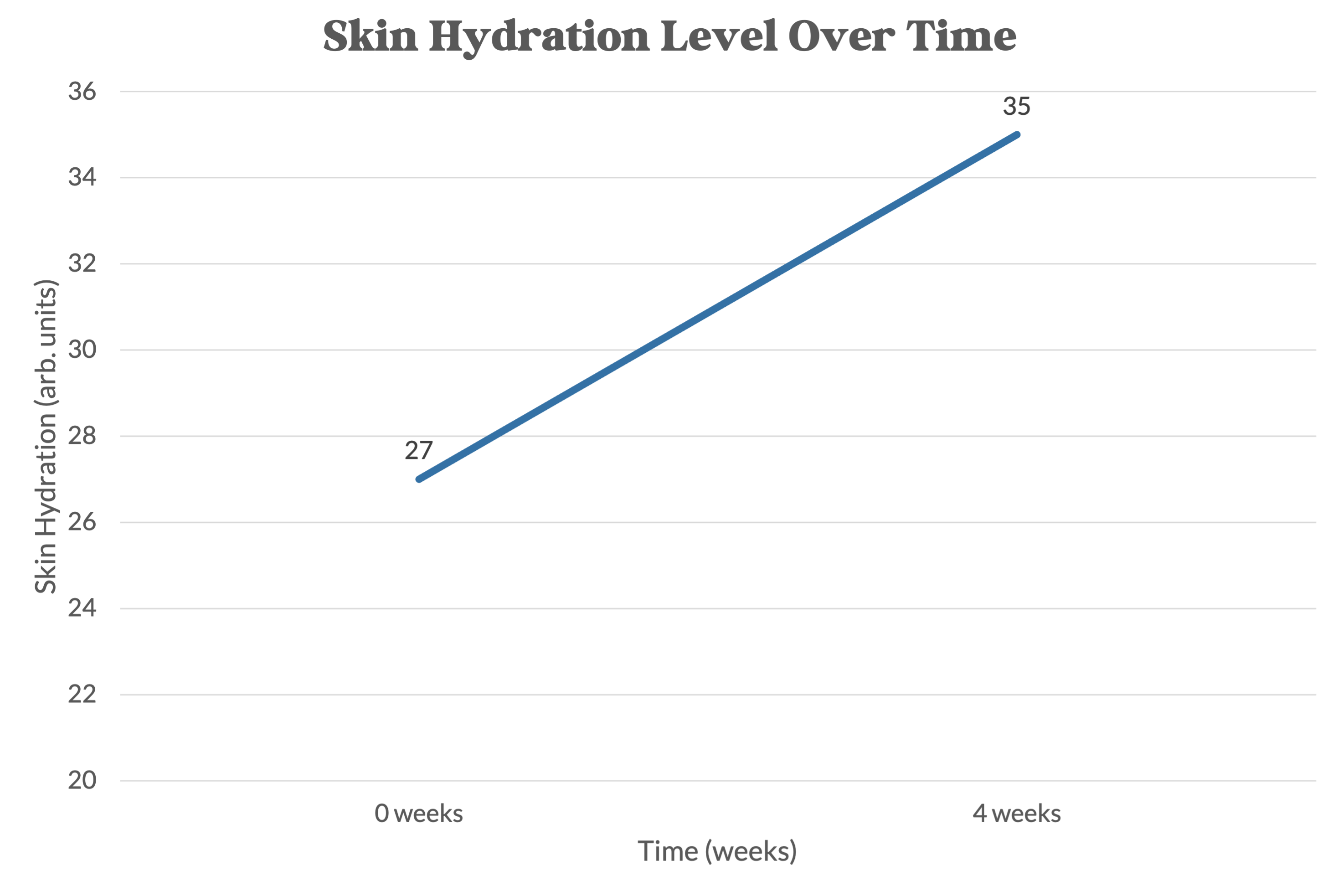We filter our drinking water, but what about our shower water?
According to the EPA, showering is one of the top uses of water. Yet, unfiltered tap water often contains chlorine, PFAS, microplastics, and other contaminants that can impact your health.
What's in your shower water?
-

Chlorine
When chlorine reacts with organic materials in water, it forms byproducts known as trihalomethanes (THMs). Researchers attribute most of chlorine's negative side effects to these harmful byproducts.
Potential Health Risks: Cancer, Reproductive and Developmental Complications, Respiratory Issues, Liver and Kidney Damage, and Immune System Effects.
-

Microplastics
Microplastics, tiny plastic fragments typically less than half a centimeter in size, result from the breakdown of plastic products, entering water sources. The ingestion of these particles through tap water raises health concerns.
Potential Health Risks: Inflammation, Toxicity, Disruption of Endocrine System, Gastrointestinal Effects, Microbial Impact, and Immune System Effects.
-

PFAS
Per- and polyfluoroalkyl substances (PFAS) are a group of human-made chemicals used in everyday products. PFAS are characterized by a carbon-fluorine bond, making them persistent in the environment.
Potential Health Risks: Cancer, Thyroid Issues, Developmental Effects, Liver Damage, Elevated Cholesterol Levels, and Immune System Effects.
-

Lead
The majority of lead toxins detected in drinking water originate from corroded pipes, service lines, and brass fixtures. Exposure to lead is harmful, especially to children, and shows no early warning signs.
Potential Health Risks: Neurological Effects, Cardiovascular Effects, Kidney Damage, Reproductive Issues, Gastrointestinal Distress, and Anemia.
-

Mercury
Mercury naturally forms compounds like methyl mercury in soil and fish. The primary concern is mercury poisoning in fish, with concentrations intensifying as it moves through the food chain.
Potential Health Risks: Neurological Effects, Kidney Damage, Cardiovascular Issues, Reproductive and Developmental Effects, and Gastrointestinal Distress.
-

VOCs
Volatile Organic Compounds (VOCs) are a group of organic chemicals that can easily evaporate into the air. When present, VOCs can pose health risks through inhalation or ingestion.
Potential Health Risks: Cancer, Respiratory Issues, Nervous System Effects, Liver and Kidney Damage, Reproductive Issues, and Immune System Suppression.
-
NSF Certified
Filters out chlorine, PFAS, particulates, & more
-
Easy Installation
Safe for renters & homeowners, no plumbers required
-
Healthier You
Protect your skin barrier, hair, scalp, & well-being
Clinically tested to improve skin hydration and scalp health*
Dermatologist tested & approved

*Based on a clinical study of 30 participants over 28 days.













